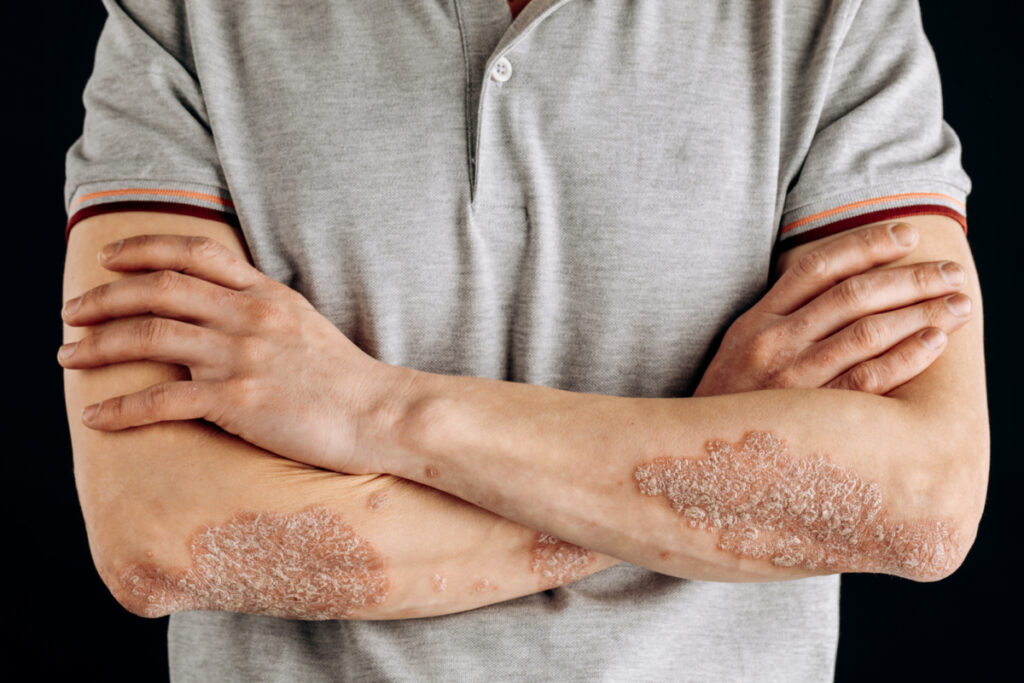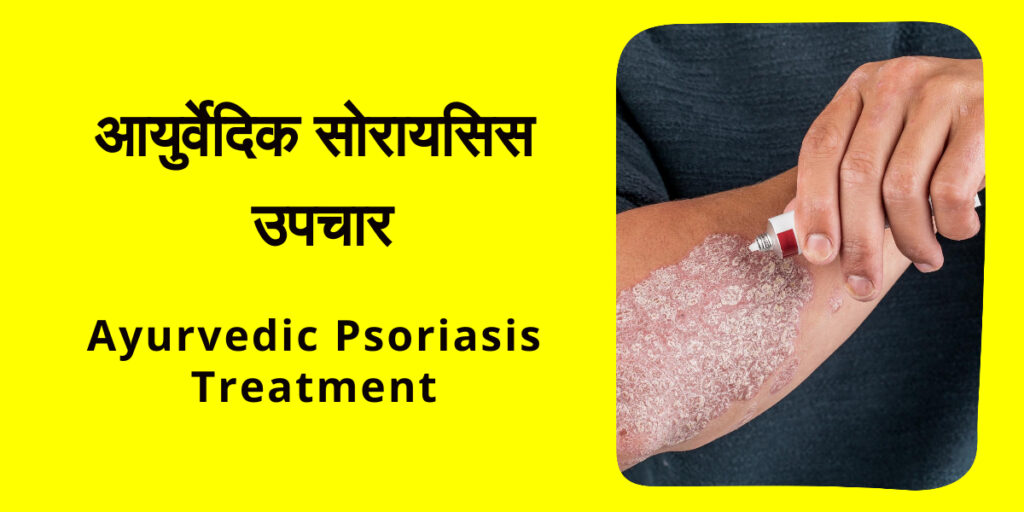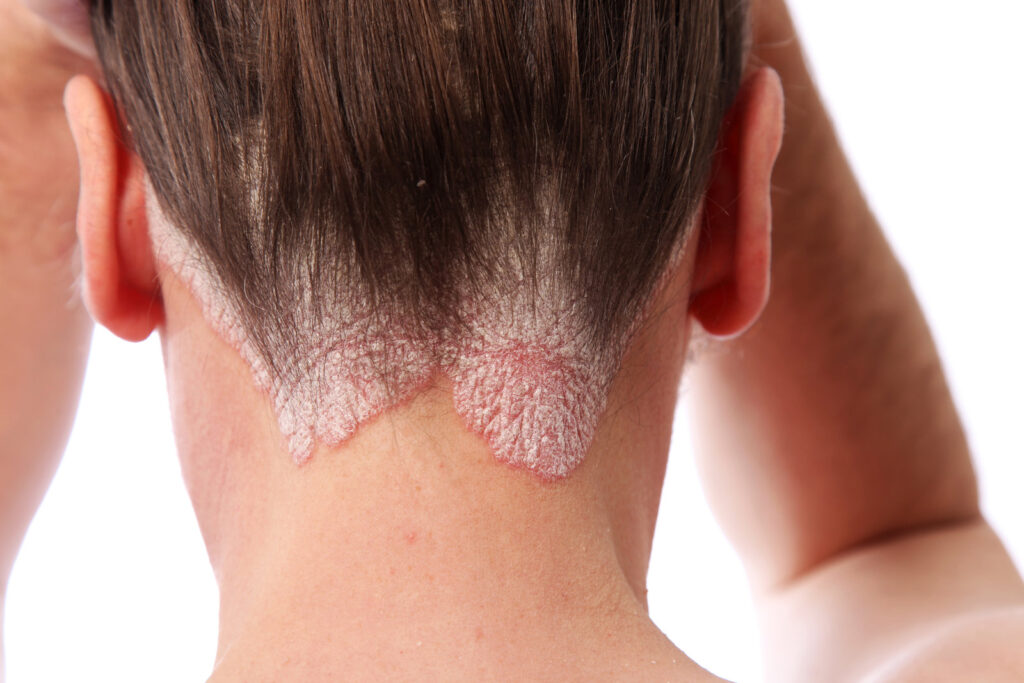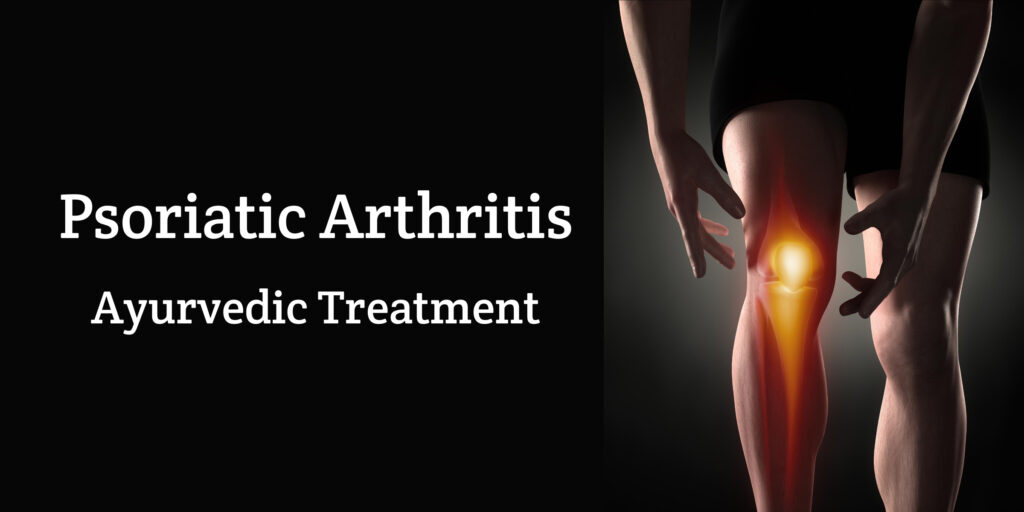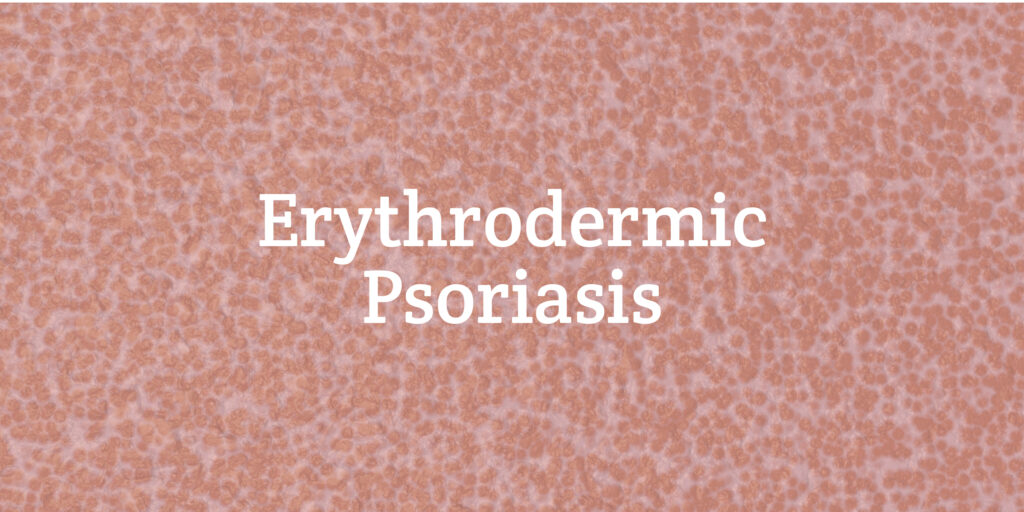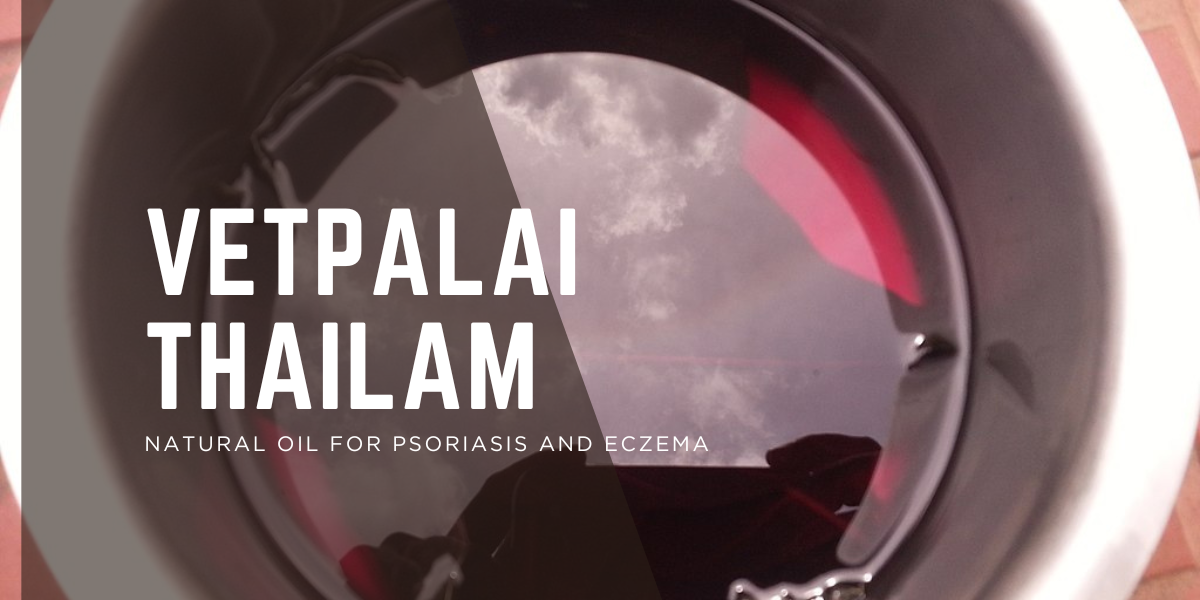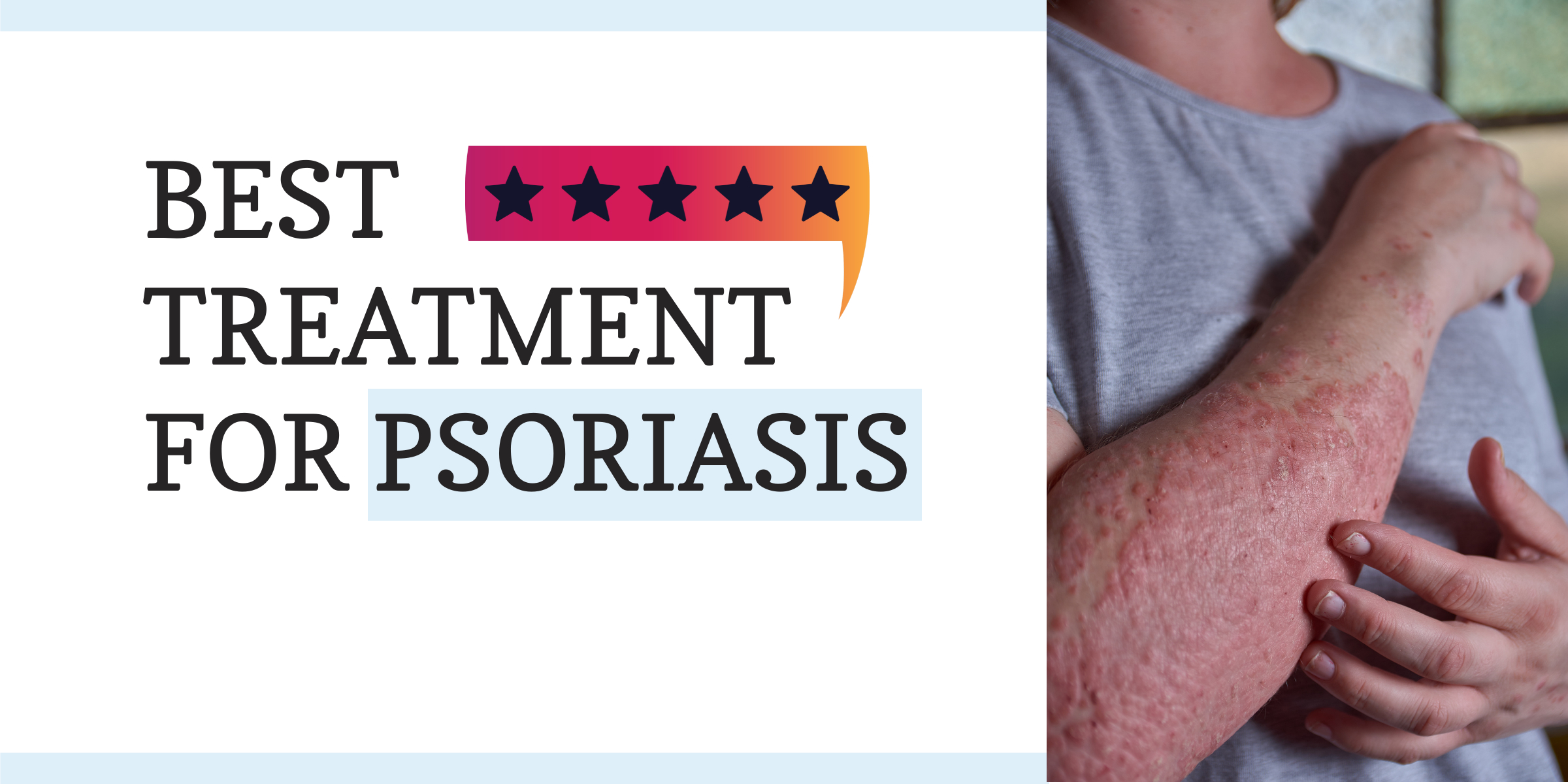What is Psoriasis? Symptoms, Types and Treatments
Introduction to Psoriasis
Psoriasis is a chronic autoimmune skin condition that affects millions of people worldwide. It causes the skin cells to multiply rapidly, leading to the buildup of thick, scaly patches on the skin’s surface. These patches are typically red, itchy, and can be painful. Psoriasis can occur on any part of the body but commonly affects the scalp, elbows, knees, lower back, and genitals.
The exact cause of psoriasis is unknown, but it is believed to result from a combination of genetic and environmental factors. Key factors that can trigger or exacerbate psoriasis include:
- Genetic Predisposition: Having a family history of psoriasis increases the risk of developing the condition.
- Immune System Dysfunction: Psoriasis is considered an autoimmune disorder, where the immune system mistakenly attacks healthy skin cells.
- Environmental Triggers: Certain factors like infections, stress, injury to the skin, cold weather, smoking, and certain medications can trigger psoriasis flare-ups.
The most common symptoms of psoriasis include
- Red patches of skin with silvery scales
- Dry, cracked skin that may bleed
- Itching, burning, or soreness
- Thickened, pitted, or ridged nails
- Swollen and stiff joints (in psoriatic arthritis, a condition associated with psoriasis)
There are several different types of psoriasis, and major classifications include
- Plaque psoriasis: This is the most common type of psoriasis. It causes red, scaly patches of skin that are often covered with white scales.
- Guttate psoriasis: This type of psoriasis is characterized by small, red, drop-like patches of skin. It is often triggered by a strep throat infection.
- Inverse psoriasis: This type of psoriasis occurs in the folds of the skin, such as the armpits, groin, and under the breasts. It causes red, smooth patches of skin that may be moist or oozing.
- Pustular psoriasis: This type of psoriasis is characterized by small, pus-filled bumps on the skin. It is a rare form of psoriasis.
- Erythrodermic psoriasis: This is the most serious form of psoriasis. It causes the entire body to become red and inflamed. It can be life-threatening if not treated.
Psoriasis is usually diagnosed based on the appearance of the skin and a review of medical history. In some cases, a skin biopsy may be performed to confirm the diagnosis.
There is no cure for psoriasis, but there are a variety of treatments that can help to manage the symptoms. Treatments for psoriasis include:
- Topical medications: These medications are applied directly to the skin and can help to reduce inflammation and scaling.
- Phototherapy: This treatment uses ultraviolet light to reduce inflammation and scaling.
- Systemic medications: These medications are taken by mouth or injection and can help to reduce inflammation throughout the body.
Maintaining a healthy lifestyle with a balanced diet, regular exercise, stress management, and avoiding triggers can help manage psoriasis symptoms.
Psoriasis can significantly impact a person’s emotional well-being and quality of life. The visible nature of the condition may lead to self-consciousness, social stigma, and feelings of embarrassment or depression. Seeking support from healthcare professionals, support groups, and loved ones can be beneficial.
The goal of treatment for psoriasis is to control the symptoms and improve the quality of life. With proper treatment, most people with psoriasis can live normal, active lives.
If you think you may have psoriasis, it is important to see a doctor for diagnosis and treatment. There are many effective treatments available, and early treatment can help to prevent the condition from getting worse. If not treated on time the symptoms may get aggravated and can lead to complications such as nail damage and psoriatic arthritis, diabetes, cardiac diseases, etc.
Learn More
- Psoriasis meaning
- Psoriasis causes
- Psoriasis treatment and limitations
- Scalp psoriasis
- Genital Psoriasis
- Nail Psoriasis
- Frequently Asked Questions for Psoriasis
-
Vetpalai Thailam
What is Vetpalai Thailam and Why Is Everyone Talking About It? Vetpalai Thailam is creating serious buzz—and for good reason. This powerful herbal oil has … Read more
-
Skin Psoriasis Treatment
Understanding Skin Psoriasis Treatment: An In-Depth Guide Skin psoriasis treatment can feel like a challenging journey, but understanding the options available can help you reclaim … Read more
-
Best Treatment for Psoriasis
Ayurveda and Psoriasis: A Time-tested Solution Introduction Psoriasis, a chronic inflammatory skin condition, is a global health challenge affecting millions. The quest for the most … Read more
